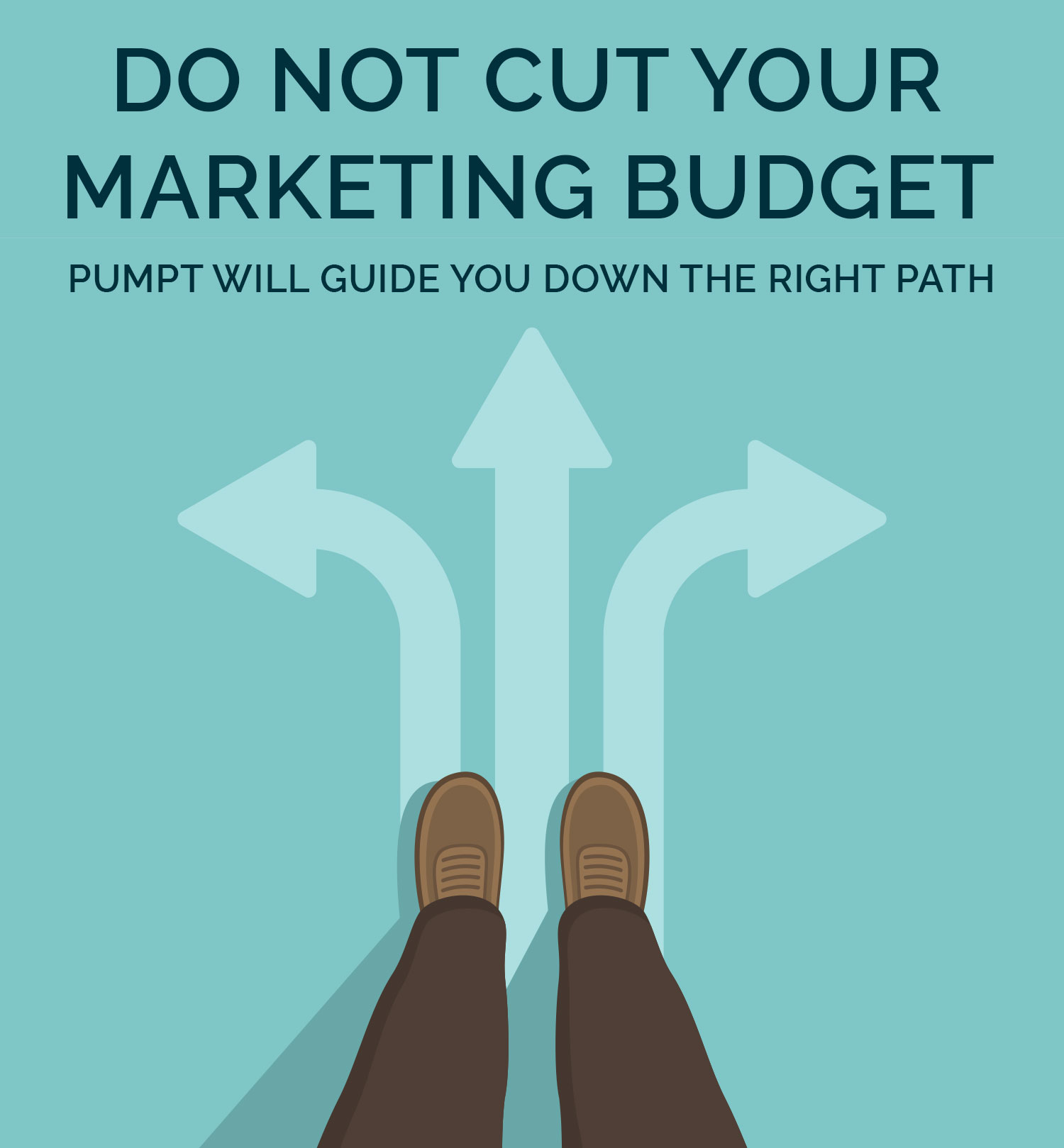
THE NATION HAS FALLEN IN LOVE WITH THEIR LETTERBOX AGAIN…
As we all navigate through these times and our new normal it is now more important than ever before that businesses do not stop their advertising. This was proven in the last 2008 recession when we at Pumpt Advertising helped navigate our clients through that trying time. We understand that it is scary times right now and declines in revenue force us all to look at costs but sales are key to the success of your business and the future of the economy so marketing budgets should not be slashed but new strategies put in place.
What we saw and experienced in 2008 was a shift back to more traditional tried and proven media channels such as letterbox distribution. Catalogues and flyers in their fine printed form became essential. Our studio was flat out designing marketing collateral and messages that would talk to the consumer. Mailers have always been a proven media in New Zealand and they have a long history of driving sales results. This letterbox distribution medium has been around since the 1970’s and drives sales with proven ROI’s. It existed before we had colour televisions! And it is welcomed into households every week.
Now more than ever we feel our home is our safe haven so when you receive printed catalogue promotions and services from your own letterbox it is trusted now more than ever before. Whether it is promoting online shopping, retail stores back open for business, your local real estate agent with their flyer enticing you to look at their latest listings or your plumber, cleaner, local bars, café’s and restaurants menus to make you drool we have seen an increase in demand from our clients to keep using the letterbox distribution channel or add it now into the marketing mix.
Studies have shown that direct mail advertising, which can provide greater short-term sales growth, increases during a recession. It has some pretty amazing stats to back up its position:
79% of consumers purchase something after seeing it in unaddressed mail
On average people spend 26 minutes reading their flyers and catalogues each week
88% of consumers read their unaddressed mail.
More males consume letterbox media than any other media so a great channel to target the blokes.
Printed material is still the number one driver to online.
There are just over 1.3 million letterboxes available for distribution
There has been numerous research studies produced over the last 100 years that point out the advantages of maintaining, or in fact even increasing advertising budgets during a weaker economy. Those advertisers that kept the status quo or grew their advertising spend increased sales and market share during the recession and afterwards.
It has been famously said:
When times are good you should advertise. When times are bad you MUST advertise.
When marketers cut back on their advertising spending, the brand loses its “share of mind” with consumers, with the potential of losing current – and possibly future – sales. An increase in “share of voice” typically leads to in an increase in “share of market.” An increase in market share results, with an increase in profits.
There are a number of examples of brands that benefited by maintaining their ad budgets during economic downturns. From the US these were some big brands that took the right marketing strategy approach.
Dry Cereal: In the 1920’s, Post was the category leader in the cereal category. During the Great Depression, Post cut back significantly on its advertising budget and rival Kellogg’s doubled its advertising spend, investing heavily in radio and introducing a new cereal called Rice Krispies, featuring “Snap,” “Crackle” and “Pop.” Kellogg’s profits grew by 30% and the company became the category leader, a position it has maintained for decades.
Imported Automobiles: The 17-month recession of 1973-75 was triggered by the energy crisis. In late 1973, the U.S. government issued its first miles-per-gallon report in which Toyota Corolla was second to Honda Civic in fuel efficiency. Since Toyota was experiencing strong sales, when the economic downturn hit, the temptation was to drop their ad budget, which they resisted. By adhering to its long-term strategy, Toyota surpassed Volkswagen as the top imported carmaker in the U.S. by 1976.
Quick Service Restaurants: In the 1990-91 recession, Pizza Hut and Taco Bell took advantage of McDonald’s decision to drop its advertising and promotion budget. As a result, Pizza Hut increased sales by 61%, Taco Bell sales grew by 40% and McDonald’s sales declined by 28%.
With the majority of our clients being big brand retailers and franchises as their advertising agency we are strategising on what their 2020 needs and goals our to formulate their marketing plans.